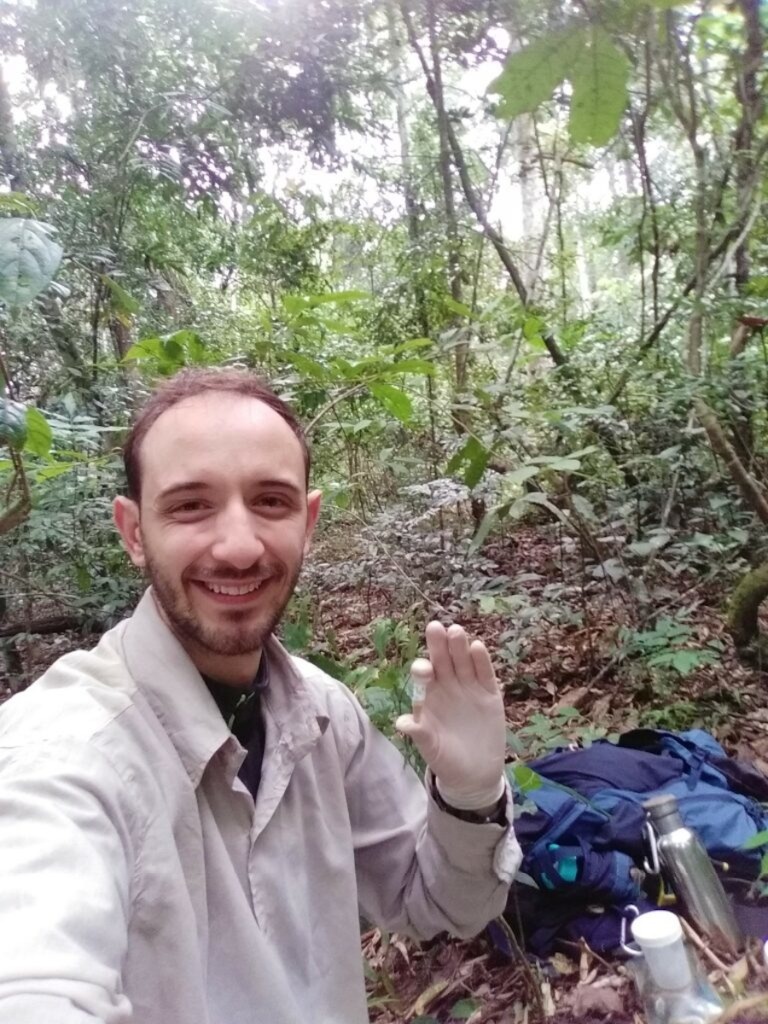Paris. Macaques, as they age, restrict their circle of relationships, although they maintain interactions with their most faithful conspecifics, according to a study published this week.
And this isolation is not simply suffered, but also desired.
The phenomenon is observable in many primates, including humans, although they are capable of counteracting it, says the study published in Proceedings B of the British Royal Society.
The study highlights that the issue is relevant in the face of the rapid aging of the human population. The UN estimates that in 2050 some 2 billion people will be over 60 years old.
Research, which suggests that preserving social relationships in old age is an important factor in staying in good health, does not advance the reasons behind this distancing.
It is proven that with aging, one “restricts oneself to a smaller circle of people,” explains ethologist Baptiste Sadoughi, lead author of the study published Wednesday, to the Afp.
Individuals prioritize the quality of relationships over the quantity, according to the theory of socio-emotional selectivity developed in the 1990s, explains this doctor in behavioral ecology from the University of Göttingen, in Germany, and the Leibniz Institute for Research in Primates (DPZ).
The problem with humans is that behavioral studies are based on cross-sectional samples, that is, they mix groups of different ages at the same time, which inevitably introduces bias.
The study carried out by the DPZ team was to longitudinally follow a population of primates, the Assamese macaques, over an extended period: the behavior of 61 females, aged 4 to 30 years, was observed over several years between 2013 and 2021. , living freely on a Thai reservation.
“Fewer physical interactions”
The findings are clear. Social isolation is growing, “with a halving of the size of the average social network between a 10-year-old female and a 20-year-old female,” according to Sadoughi.
The scientists measured this isolation from mutual grooming practices, the preferred form of relationship in this species of primate.
The analyzes exclude that this isolation is the result of spatial segregation.
Even in their old age, macaques maintain physical closeness with their peers.
Their isolation is social and relative, and partly deliberate: “the aging individual is responsible for much of these changes, because he or she becomes less close to others and initiates fewer physical interactions.”
But it is also suffered, since with age, the female macaque “is groomed by fewer and fewer individuals.”
However, she will continue to be cared for by her faithful friends, observes the ethologist.
You will increasingly interact “with those individuals with whom you have interacted most frequently or best.”
Assam macaques are consequently subject to a phenomenon of social selectivity, but with an important difference compared to humans, since the latter compensate for the reduction of their social circle with more frequent interactions with their most faithful friends.
Sadoughi believes this social selectivity is “a strategy for coping with aging, which has perhaps existed as long as we have been primates,” both humans and macaques.
#age #macaques #socially #isolated #humans #study
– 2024-04-10 00:54:33
